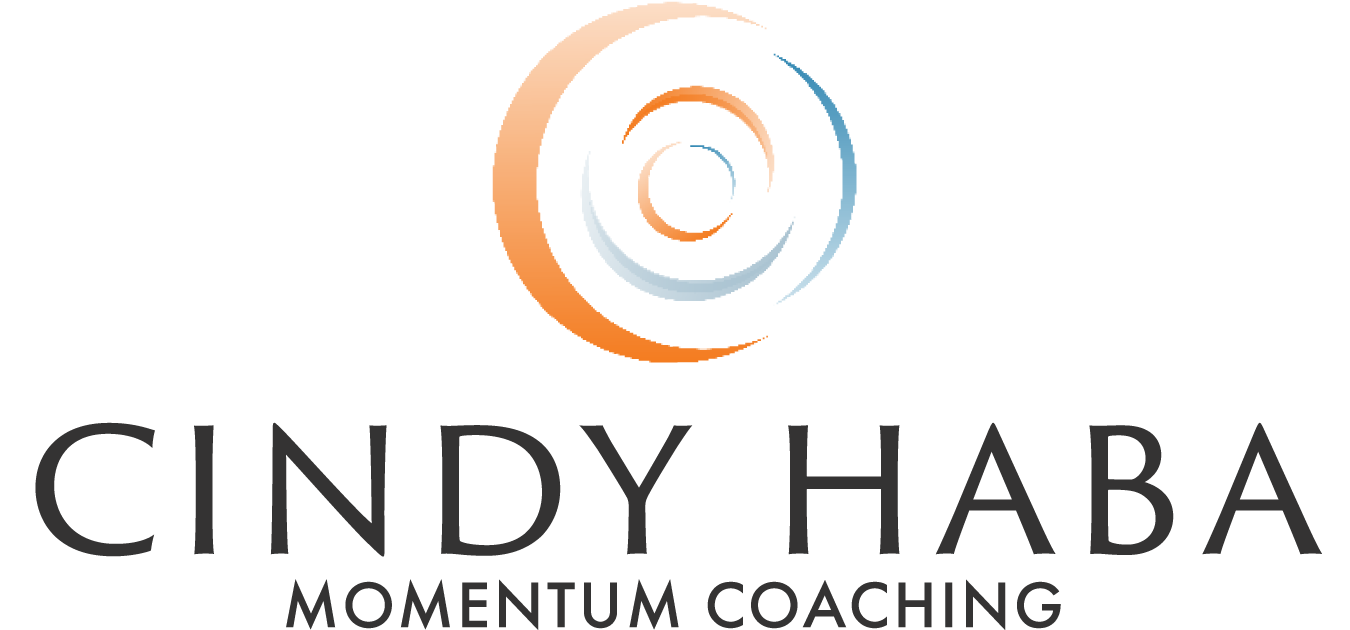Using story & strategy to answer tough interview questions
The Momentum Files #10
Hint: Keep things conversational.
I recently had a great conversation with my Career Club members that I think you’ll relate to and want to hear a bit about.
We talked about answering tough interview questions.
Now, this isn’t about those out of left field “problem-solving” questions where you’re asked how many ping pong balls fit into a phone booth or how you’d explain Facebook to your grandmother.
This is about answering common questions with more confidence and in a way that tells the interviewer exactly what they need to know about you. This is especially helpful when responding to questions that you could answer in several ways. Which way is the right way? Which way will showcase your expertise and emphasize that you’re a great fit for this new role?
Here’s where to start. Always remember that an interview isn’t a Q&A session. It’s a conversation. It’s a presentation. And it’s never too early to prep for an interview opportunity. So, whether you have one on the calendar at this very moment or are planning to pursue new opportunities in the future, now is the best time to get ready!
My top recommendation for you today is to prepare for those inevitable behavioral questions.
Behavioral questions usually start with “Tell me about a time when you [fill in the blank],” and they can be a bit tricky because you might be unsure how to answer. Consider this example:
Tell me about dealing with a tough customer.
This is when your brain starts spinning because you’re not sure which way to go with your response. You could say something like:
I would try to calm the customer down, identify their issue or concern and then take steps to resolve things for them so that they become a happy customer.
This is a decent answer, but it doesn’t really say much about you. What the interviewer really wants to know is what you’ve done in the past so that they can predict your future behavior. You’re really being asked to share a specific story. Remember this:
👉Story.
👉Specifics.
👉Strategy.
Story: Keep things conversational and share a story – a detailed recounting of a time when you (in this example) dealt with a tough customer. Your story should be accurate and something that truly happened.
Specifics. Share all the nitty gritty details, so long as they’re relevant, and paint a clear picture as you describe the steps you took, why it was important for you to handle things a certain way, the resolution, etc.
Strategy. Keep your story relevant. Always ask yourself who is asking you this question, why they are asking and what they really want to know. Share the details that align with the intent and provide the information they’re actually trying to get from you. Behavioral questions are always about determining fit. Are you the right fit for this job? In this example, they might want to know that you remain professional under stressful circumstances. That you won’t lose your cool under pressure.
✅Bonus tip!
You know those behavioral questions are coming, so let’s get prepped and organized in advance!
Make a list of categories that are relevant to the opportunity you’re pursuing (or will be). Just chunk them down into categories such as leadership, tough customer, project management, time management, stress response, organizational skills – every category you can think of about how you work.
Have a story ready for each category – specifically the categories that tie into the job you’re trying to land. (If you’d be dealing with customers in your new role, having a story about a time you’ve dealt with a difficult customer is super important!)
Getting your stories into place now will allow you to walk into future interviews with a new level of confidence and all the strategic stories you need to keep the conversation going.
And remember Story, Specifics and Strategy.
Did you find this helpful? I’d love for you to reply and share with me your least favorite interview question and why you dread hearing it. I might be able to help!
To Your Success!
Cindy Haba
P.S. Interviewing successfully boils down to engaging and building relationships. Learn my 3-step strategy for connecting with confidence.

